Chinese cancer expert Tang Juan arrested in US for spying
Chinese cancer researcher suspected of trying to steal US intellectual property, as staff caught burning paperwork at consulate.
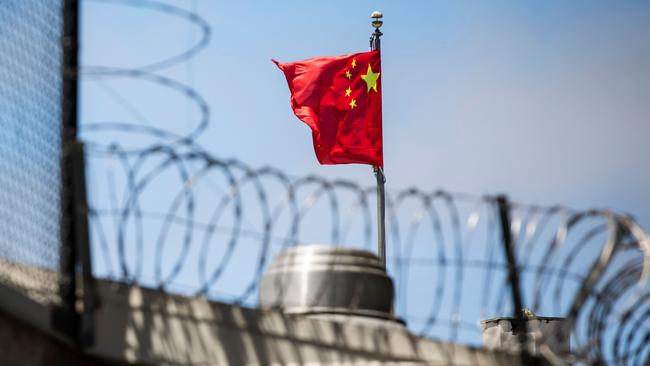
A Chinese military official who fled to the Chinese consulate in San Francisco last month after being questioned by the FBI has been arrested.
Tang Juan, 37, entered the United States in December on an educational exchange visa and was a cancer researcher at the University of California, Davis, but is suspected of travelling with the aim of stealing researchers’ intellectual property for her government.
On her visa application she asserted that she did not have any affiliation with the People’s Liberation Army, the Chinese military. However, investigators established that she worked at the Air Force Military Medical University, which is affiliated to the PLA, and was therefore deemed to be an active member of the military.
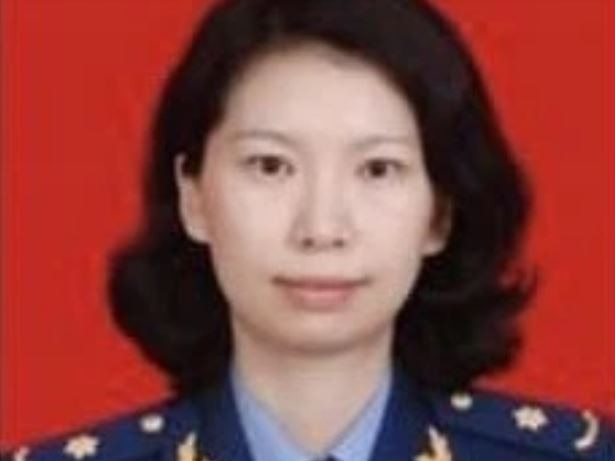
At her home the FBI found evidence of her links with the PLA. She was questioned on June 20 by agents about visa fraud, and immediately fled to the Chinese consulate in San Francisco.
The Department of Justice made her case public on Thursday, declaring Ms Tang to be “a fugitive from justice”. She was arrested and transferred to a prison in Sacramento, where she was expected to appear in court.
She faces charges of fraud and misuse of visas, permits and other documents, which carry a penalty of up to ten years in prison. The authorities declined to answer questions on Friday on whether she had given herself up. Officers do not have the authority to enter the consulate without permission.
On Friday night the US faced the possibility of having to evict Chinese diplomats from the consulate in Houston, Texas, after its head threatened to defy an order to close down. The consulate was given 72 hours to comply but Cai Wei insisted that his office would remain open, even as the deadline approached. He told Politico on Thursday night: “We will see what will happen.”
Consulate staff were seen earlier burning papers in open metal barrels in a courtyard.
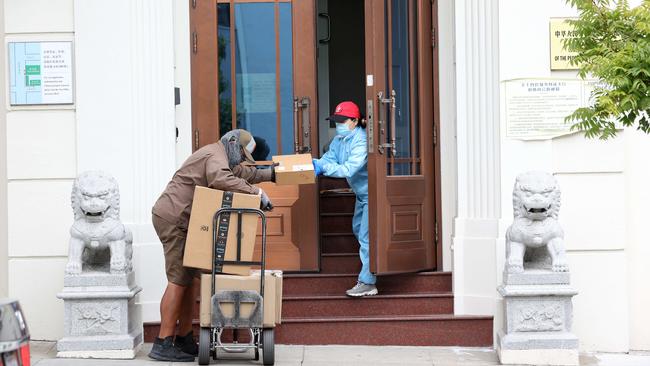
Mr Cai said that the closure was “not according to the Vienna convention on consular affairs and also is not according to international practice or norms, and it violates the China-US consular treaty”.
A senior state department official declined to “speculate” on how the US would respond if the consulate did not close by the deadline. “Those are details that will be worked out and addressed should they come up,” the official said. “But it is about taking a strong stand.”
Workers at the consulate began carrying large bags into moving trucks on Friday morning. A small group of protesters gathered across the street and played a recording criticising the Chinese government.
China retaliated by shutting the US consulate in the southwestern city of Chengdu. The consulate, which opened in 1985, is strategically important because of its proximity to Tibet.
China’s foreign ministry said: “The US move seriously breached international law, the basic norms of international relations and the terms of the China-US consular convention. It gravely harmed China-US relations.” Beijing also imposed a 72-hour time limit for the Chengdu consulate to close, and American diplomats based there were given 30 days to leave the country.
Kayleigh McEnany, US President Donald Trump’s press secretary, urged the Chinese government to “cease [its] malign actions” rather than engaging in “tit for tat” retaliation.
On Friday the Trump administration laid out its most extensive case yet for the closure of the Houston consulate. Staff at the consulate, officials said, were involved in an attempt to steal intellectual property from a Texas research institution. Other diplomats “were directly involved in communications with researchers and guided them on what information to collect”.
The Houston consulate’s work was “a microcosm of a broader network of individuals in more than 25 cities”, a senior justice department official said. “Consulates have been giving individuals in that network guidance on how to evade and obstruct our investigation.”
An intelligence official said that the FBI had about 2000 active counterintelligence investigations tied to China, and that it opened a new case about every ten hours.
The justice department official said: “We’re not going to arrest our way out of this. The problem posed by China is too large.”
The Times

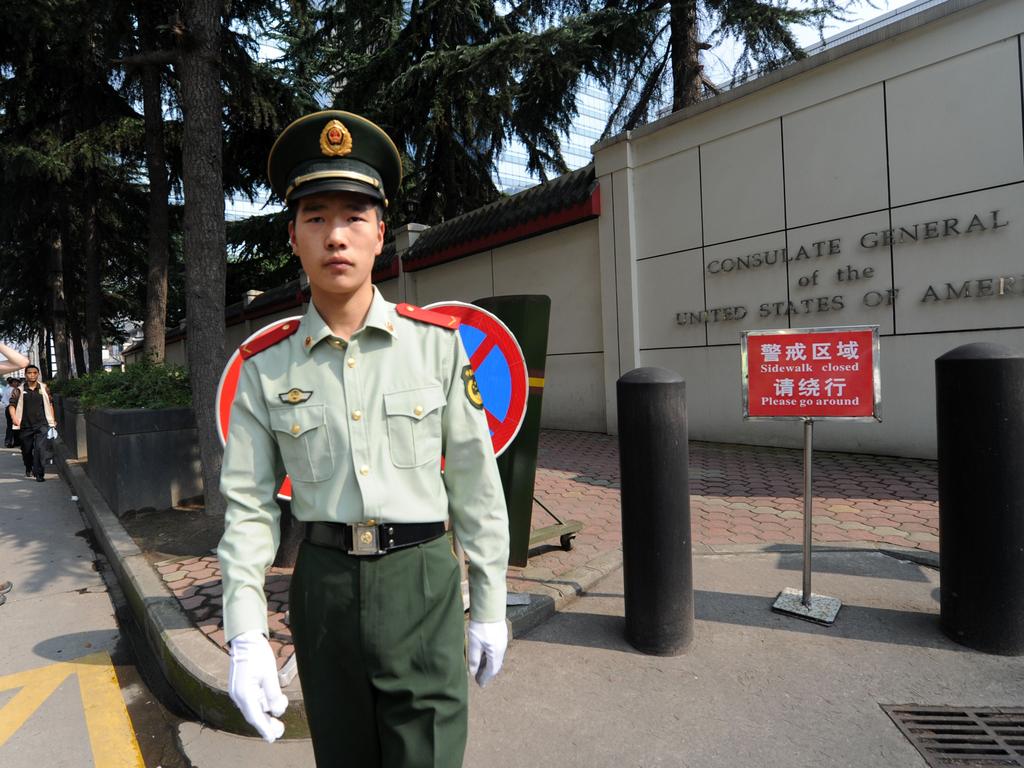
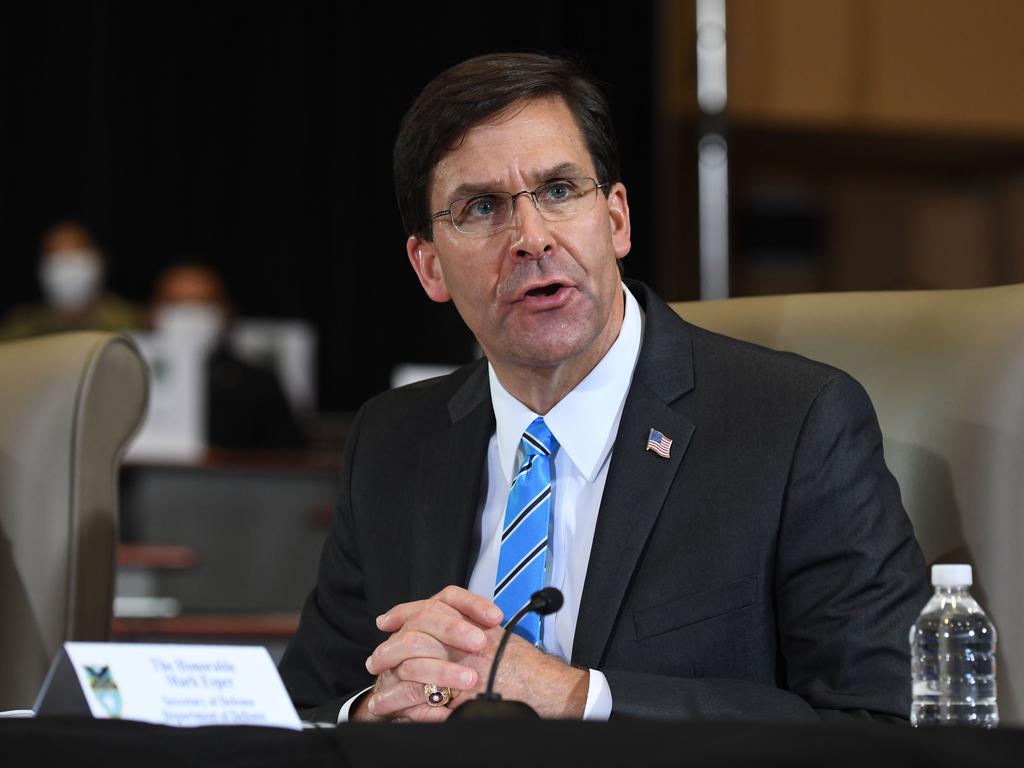




To join the conversation, please log in. Don't have an account? Register
Join the conversation, you are commenting as Logout